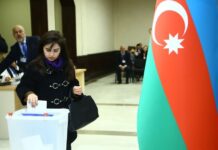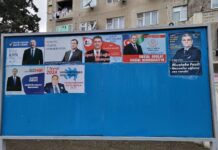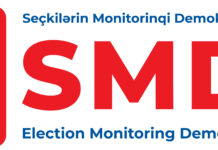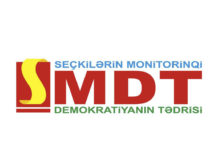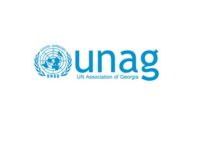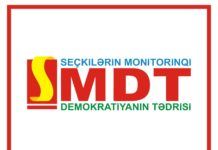Today the Office for Democratic Elections and Human Rights (ODIHR) of the OSCE announced its observation mission at the early parliamentary elections in Azerbaijan on April 11.
The mission operates at the invitation of the country’s official bodies and is headed by Corin Jonker.
In the basic composition of the mission there are also 10 experts. Besides, starting from March 15, 20 long-term observers in different regions of Azerbaijan will start their work. Experts and long-term observers represent 19 countries. On the eve of voting day, another 280 people will join the mission.
According to Jonker, the mission will assess the elections in terms of OSCE standards and other international organizations, as well as domestic legislation.
Observers will monitor the registration of candidates, the conduct of the election campaign, the work of election commissions and state bodies in the resolution of election issues within the law.
On election day, members of the delegations of the OSCE PA and PACE will also join the mission.
The initial assessment of the elections will be given the day after the voting.
Two months later, a final assessment of the elections will be given and recommendations will be made.
During the press conference, Jonker did not give clear answers to any question, referring to the fact that the mission had just started working. In particular, she refrained from commenting on the pre-election situation.
She also did not touch on the findings of the ODIHR’s assessment mission, which visited Baku in February.
According to her, the delegation assessed only the “needs” for the deployment of the observer mission.
Yonker did not comment on the extent to which the recommendations of previous OSCE monitoring missions were implemented in Azerbaijan.
There was no answer from the head of the mission and the question of how much election monitoring would cost.
At the request of Turan to clarify what are the criteria for recognizing the elections as free and fair, Yonker replied that the mission does not operate with specific concepts of “free”, “fair”, etc., but evaluates elections in terms of compliance with their OSCE standards on certain parameters, for example freedom Media and others.
She also refused to comment on the opposition’s decision to boycott the elections, saying that this decision by the opposition and the OSCE does not interfere in these issues.
She did not express her attitude to the question of the lack of opportunities for civil society institutions to observe the elections.
Yonker stressed that with the first findings the mission will share after the first interim report.






